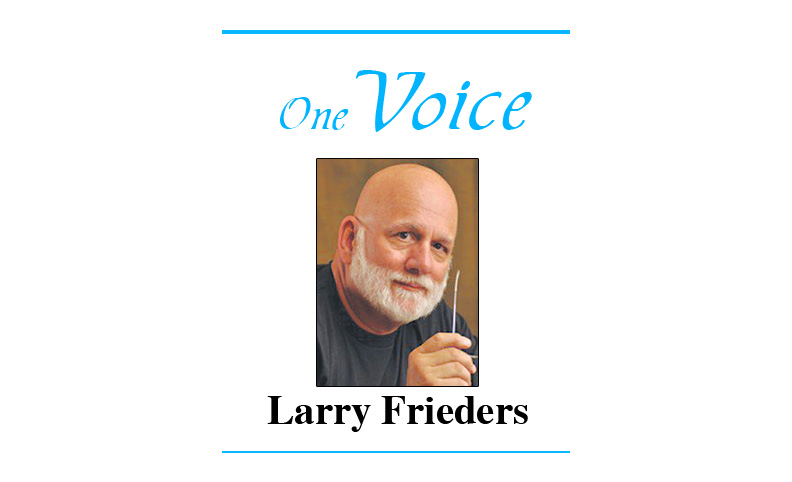
Q: My compounded prescription always showed an expiration date of one year. The new one has for three months. Why is the pharmacist making my script last for a shorter time? I suspect the reason is for profit. If he charges me the same price for a script that is good for a shorter period of time, I’ll have to buy it again in three months. As compounded prescriptions are not covered by my insurance, it is costly for me. As far as I’m concerned, I can see no other reason except they are getting as greedy as the big drug companies.
A: Until recently, compounding pharmacists were allowed to use different science-based techniques to establish their Beyond Use Dates (BUDs). Most pharmacists used a combination of published literature, in-house testing, and testing with outside laboratories. Since around 2015, those techniques have been under attack by several regulatory organizations, from the FDA to other more local groups.
Although I have evidence that a compound is potent (and sterile when necessary) for up to 12 months, the FDA insists we put much shorter dating on the preparations. Currently, date changes are dropping for BUDs from a year to less than 90 days, and even more cuts are expected in 2020.
Our scientific evidence for one-year dating is being replaced by the opinions of “the suits” behind the desks.
Keep in mind that your prescription doesn’t know when it is supposed to expire. If it’s being made the same way it always was, the only thing that changed was the date printed on the label. If it was okay before, chances are pretty good that it’s still good, regardless of the date. Ask your pharmacy or pharmacist before concluding that they’re doing something nefarious.
Although nothing has changed in the preparation and testing of the compounded items, regulators are deciding that shorter dates without evidence for their decision. There aren’t objective criteria for these changes but they must be followed or the compounding pharmacy runs the risk of forfeiting its 503a exemption, thus losing the ability to do compounding all together.
These changes are not coming from the compounding pharmacists, but from bureaucrats and regulators in places far from the pharmacy laboratory. The pharmacist is not the enemy, but another victim, and it appears many are deciding to toss in the towel in each passing year. This dating thing is a big issue, but it’s but one of many topics threatening the future of pharmacy compounding. I suspect it might not be long before there simply won’t be a compounding pharmacy anywhere.
The regulators, manufacturers, and third-party payers aren’t concerned with patient costs. They have little problem compelling a small pharmacy to spend thousands of dollars to maintain compliance with their rules. In the eyes of the regulators, you, your doctor, and your compounding pharmacist are irrelevant, though the publicity seems to indicate just the opposite. Pharmacies are being forced to raise prices or drop out or the profession. I actually met with a pharmacist who tells me she’s seriously thinking about closing the doors this year, after decades serving her community.
Finally, it costs money to fill a prescription. It is better for everyone to get something filled, safely, once or twice a year. Twelve times is a burden on everyone, including the pharmacist. In fact, our insurance carrier charges us extra because we fill more prescriptions, even when we don’t make more money.
If you fill a prescription twice a year and then start refilling it 12 times per year, my number of prescriptions filled goes up, and my insurance premium climbs.
Who pays my insurance? My customers.
I suggest you talk to your community compounding pharmacist to verify what I’ve written here. You certainly will discover that the pharmacist isn’t the greedy person you might believe. Most often, higher prices are not associated with more profit, but an effort to stay in business, despite rising costs from more regulations.
The sad part is that the regulators probably will win their battle against compounding and the specialized pharmacies will fade into obscurity. Who benefits when that happens?
Larry Frieders is a pharmacist in Aurora who had a book published, The Undruggist: Book One, A Tale of Modern Apothecary and Wellness. He can be reached at thecompounder.com/ask-larry or www.facebook.com/thecompounder.

